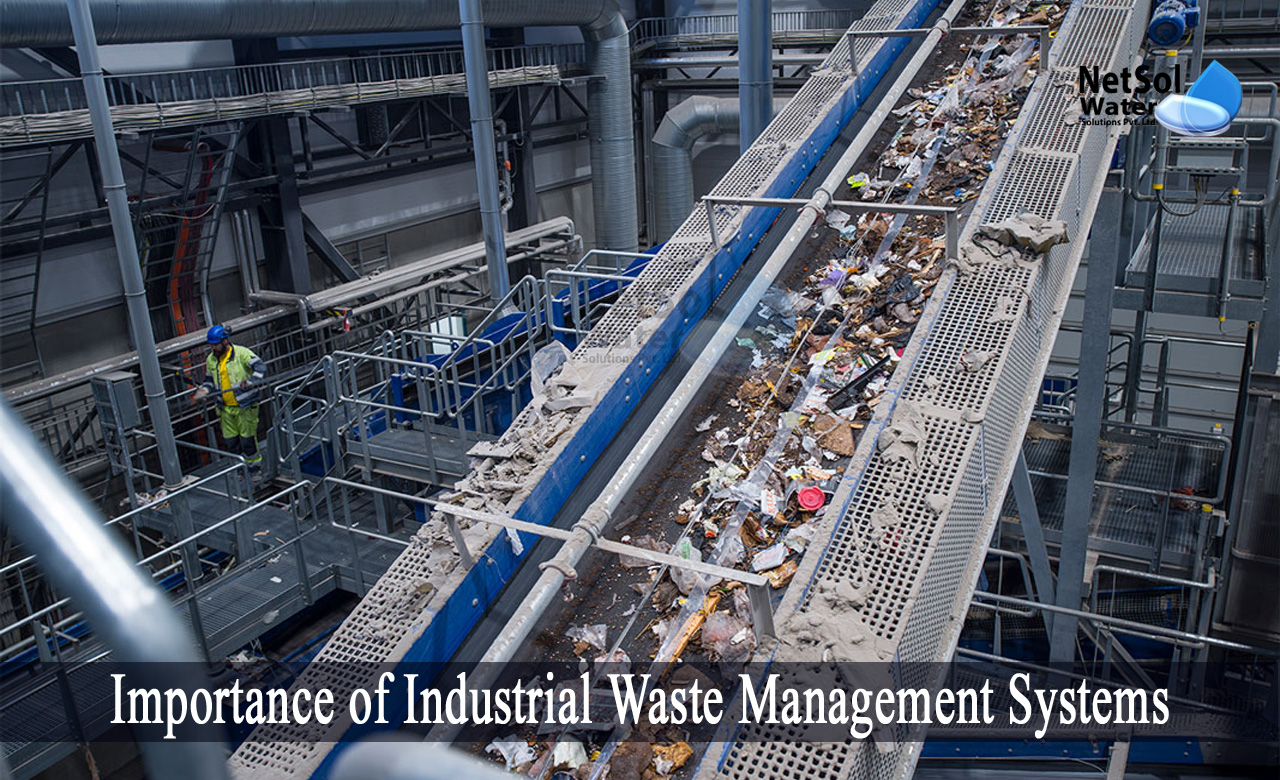Examine This Report about Reclaim Waste
Examine This Report about Reclaim Waste
Blog Article
The Main Principles Of Reclaim Waste
Table of ContentsThe Reclaim Waste DiariesMore About Reclaim Waste7 Simple Techniques For Reclaim WasteThe smart Trick of Reclaim Waste That Nobody is DiscussingReclaim Waste - The Facts
Residential sewage waste refers to the waste and items from a property septic tank. The correct management and disposal of residential sewage waste require liquid waste to be moved to a sewage therapy plant where the appropriate techniques and equipment are used to purify and dispose of waste.
Business waste commonly consists of possible threats, such as combustible products or a mix of liquid and strong waste items, and calls for an advanced and comprehensive disposal procedure. The disposal of industrial waste generally entails the filtration of waste prior to transportation to make sure secure and proper disposal. Industrial waste is developed from byproducts and runoff of industrial procedures and manufacturing.
This kind of waste can not make use of the exact same sewer management transport or processes as septic or business fluids. The industrial waste management process requires the inspection and screening of liquid waste prior to it undertakes the disposal procedure (industrial wastewater treatment). Runoff waste is the liquid waste that comes from runoff and excess stormwater in very booming areas or cities
Overflow waste can cause contamination and flooding if not managed correctly. Ensuring correct waste management can protect against calamities and lower ecological damage.
3 Simple Techniques For Reclaim Waste
Call PROS Providers today to discover our waste administration and disposal solutions and the correct ways to care for the fluid waste you generate.
(https://reclaim-waste-f27e88.webflow.io/)Do you recognize what happens to your water when you end, purge the bathroom or drain pipes the washing equipment? No? Well, it's worth understanding. This supposed 'wastewater' is not just an essential resource but, after treatment, will certainly be released to our land, rivers or the sea. Made use of water from toilets, showers, bathrooms, kitchen sinks, washings and industrial processes is referred to as wastewater.

water utilized to cool down equipment or clean plant and equipment). Stormwater, a form of wastewater, is drainage that streams from agricultural and city locations such as roofs, parks, gardens, roadways, courses and seamless gutters into stormwater drains pipes, after rainfall. Stormwater moves untreated straight to local creeks or rivers, ultimately getting to the sea.
6 Simple Techniques For Reclaim Waste
In Queensland, most wastewater is dealt with at sewage treatment plants. Wastewater is transported from residential or commercial sites via a system of drains and pump stations, called sewage reticulation, to a sewer treatment plant. City governments build, preserve and run most sewage treatment plants. Operators are licensed under the Environmental Defense Act 1994 to discharge cured wastewater at an acceptable ecological standard into rivers.
The Department of Natural Resources suggests local federal governments about handling, operating and preserving sewerage systems and treatment plants. In unsewered locations, city governments may call for homeowners to install individual or household sewage treatment systems to deal with domestic wastewater from commodes, site link kitchen areas, restrooms and laundries. The Department of Natural Resources authorizes using family systems when they are shown to be efficient.
In some new subdivisions, treatment of some stormwater to eliminate trash, sand and gravel has begun making use of gross contaminant catches. Wastewater treatment occurs in four stages: Eliminates solid matter.
Wastewater then streams right into huge containers where solids work out and are gotten rid of as sludge. Oil and residue are skimmed from the surface area. Uses little living microorganisms referred to as micro-organisms to damage down and remove staying dissolved wastes and great fragments. Micro-organisms and wastes are included in the sludge. Gets rid of nitrogen and phosphorus nutrients that might create algal blooms in our waterways and threaten water life.
Excitement About Reclaim Waste
Nutrient removal is not readily available whatsoever sewage treatment plants because it needs pricey specialised equipment. It is ending up being much more typical in Queensland. Clear fluid effluent created after treatment might still contain disease-causing micro-organisms. If this effluent is released right into waterways such as rivers or the sea, the micro-organisms will at some point die out.

Most wastewater moves into the sewage system. Under the Act, regional governments carry out authorizations and permits for environmentally pertinent activities (Periods) including wastewater releases that may have a local effect.
Reclaim Waste - An Overview
Otherwise, samples are taken for research laboratory analysis. Commonly lots of tests are required to develop the degrees of each of the various toxins such as oils, hefty steels and pesticides in water. Tracking provides accurate details about water quality and can verify that licence problems are being satisfied. The information acquired via surveillance offers the basis for making water high quality decisions.
Report this page